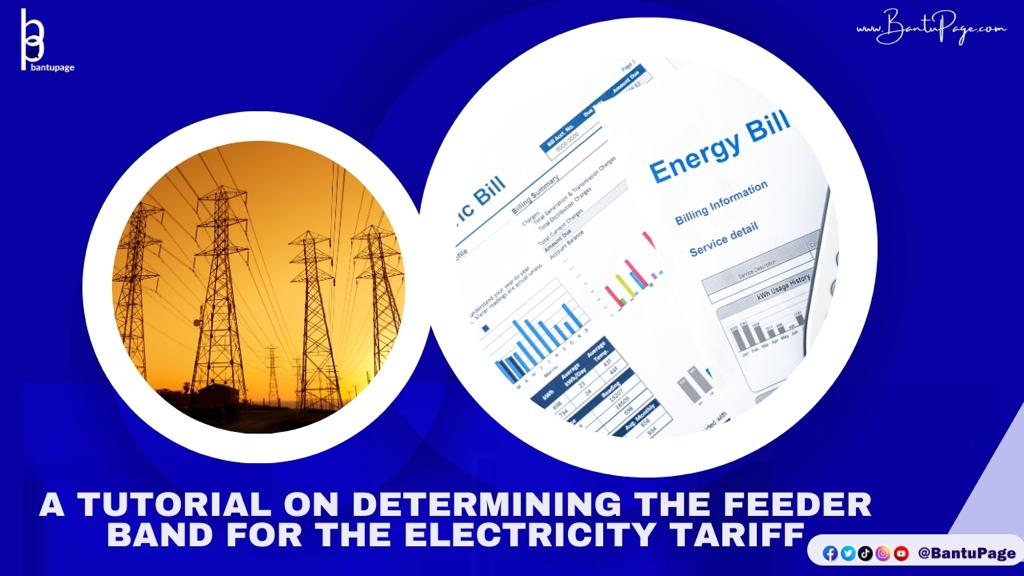
There was speculation that the electricity tariff would experience a rise in price as a result of the price of gas in the country. The prepaid metre creates a room where one’s energy bill will be determined by their monthly energy or electricity consumption. On the other hand, the amount of electricity differs from one person to another on the basis of how much they subscribe within a specified period. Notably, the increased electricity tariff has been cleared by Musliu Oseni, the Vice Chairman of the Nigerian Electricity Regulatory Commission, to be specified for a target customer band. As a result of the increase, the price will go from N66 kilowatt per hour (KW/h) to N225 KW/h.
The subscription for the electric bill is categorised into five bands: A, B, C, and D. The Ikeja Distribution Company, on the other hand, provided a breakdown of the various bands and their subscription types. According to them, the Band A, who seemingly appear to be in the elite category, enjoy twenty to twenty-four hours of electricity every day. The second and third categories, which are Band B and Band C, enjoy sixteen to twenty hours and twelve to sixteen hours, respectively.
In addition, although Band D customers get eight to twelve hours of power each day, Band E customers only get four to eight hours.
In order to ascertain your feeder, follow the instructions below:
- Visit the site, www.ikejaelectric.com.
- Click on customer service.
- Click on “customer feeder information.”
- Click on “customer feeder verification.”
- Enter your account or metre number and your feeder details.
From the aforementioned, you would know whether you belong in Bands A,B,C, or D.
By Chidimma NWAFOR





